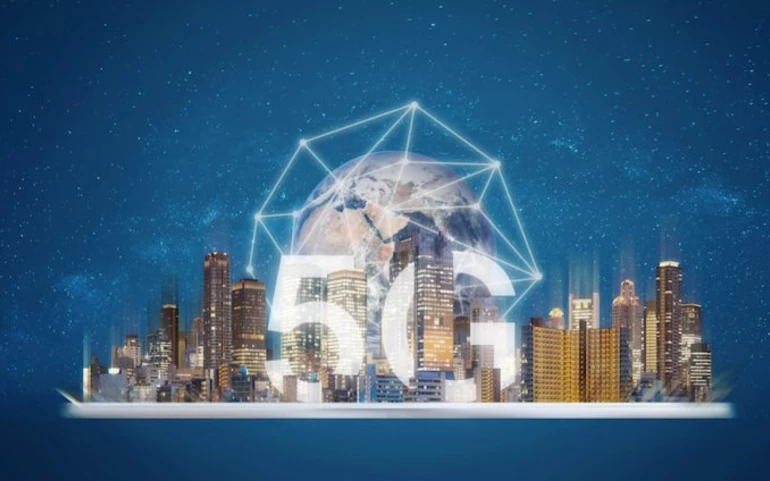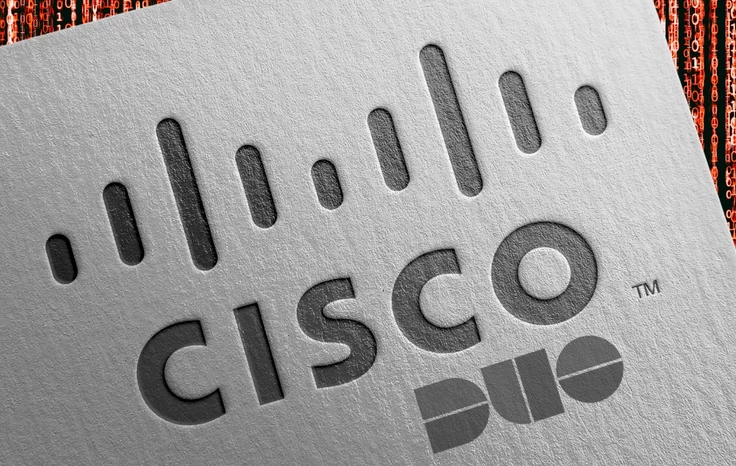What is Health Technology? Definition, Benefits, Challenges
Could 5G deliver economic, social, and environmental benefits?

Enhancements in 4G and 5G could potentially lead to substantial economic, social, and environmental benefits. This is according to a Scottish Futures Trust commissioned report, which also found that wireless connectivity and digitalisation benefit both individual users and the wider economy.
The individual and the wider economy
It is evident that enhanced 4G and 5G networks will translate to faster, more ubiquitous and reliable connectivity. According to analysts from Deloitte, this will result in higher adoption of key technologies such as cloud, IoT, data analytics and AI.
Moreover, users will reportedly benefit from increased efficiency through automation, flexible working, and new digital processes. In turn, this could result in innovative new business models and products, as well as a more inclusive society.
This innovation will ultimately increase GDP, with rural areas benefitting from the greatest relative impact. If Scotland capitalises on the opportunities presented by 4G and 5G, the country's GDP could increase by £17bn in just over 15 years.
If 3,000 new businesses also employ 160,000 more people as predicted, annual tax revenues could rise by £5.7bn. With a host of new use cases, wireless connectivity and digitalisation could ultimately boost Scotland's competitiveness.
Social advantages
According to the report, potential use cases of 5G could also drive a number of additional social benefits. For example, 5G could improve access to healthcare through initiatives such as in-home sensors and "Fit Homes" to monitor health.
Meanwhile, improved connectivity could improve sustainability in rural communities. Indeed, the rural economy would undoubtedly benefit from applications that monitor the health of salmon, autonomous tractors, and soil analysis using drones.
5G connectivity along Scotland’s transport networks could also support passenger productivity and a more integrated, user-friendly and seamless transport system. In education, the technology could provide engaging and tailored digital content.
Environmental benefits
In terms of environmental benefits, 5G has the potential to support Scotland’s low-carbon objectives. Indeed, public bodies in Scotland are currently exploring use cases such as smart lighting, smart heating and smart electric vehicle charging hubs.
In addition to this, 5G could also provide real-time information in relation to public transport. In turn, this could result in lower traffic and environmental pollution through efficient passenger loading and dynamic bus routing.
Moreover, trials in Glasgow demonstrate that 5G could strengthen a number of smart public service provisions. These include intelligent street lighting, which feature air pollution detection, movement detection, and even noise detection.
Is it really possible?
In conjunction with the report, the Scottish government has released a 5G strategy, which details their vision. According to the publication, the goal is for Scotland to be at the forefront of the technological revolution and to establish the whole country as a leading 5G digital nation.
Over the next few years, the rollout of 5G will undoubtedly bring a host of both challenges and advantages in Scotland. While Deloitte predicts that 5G will deliver a host of benefits, only time will tell whether this is the case.
If Scotland is to create "better, healthier and happier lives for everyone", the government must continue to work with industry, the regulator, and others in the public sector. In order to become a forward-looking nation, Scotland must embrace all of 5G's potential use cases.
Check out the Top 10 Ways 5G Will Improve the Enterprise

























